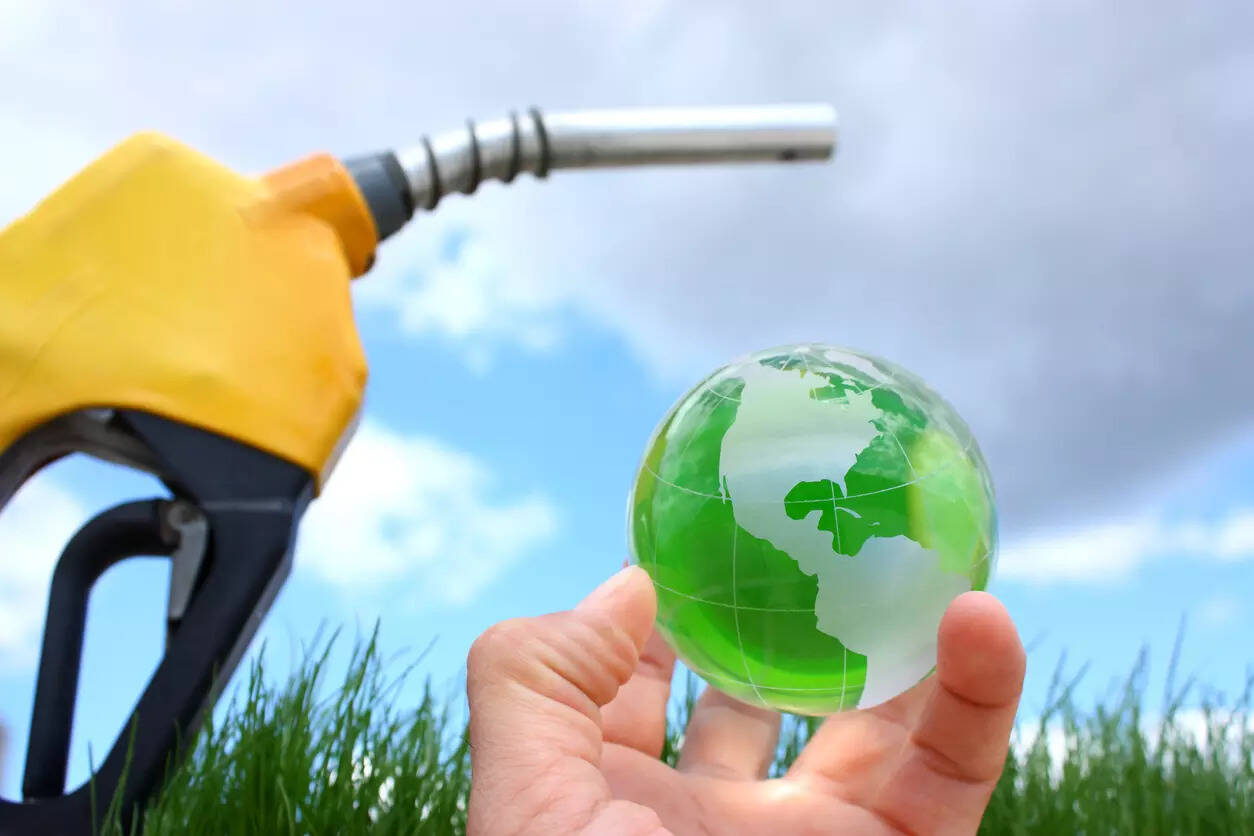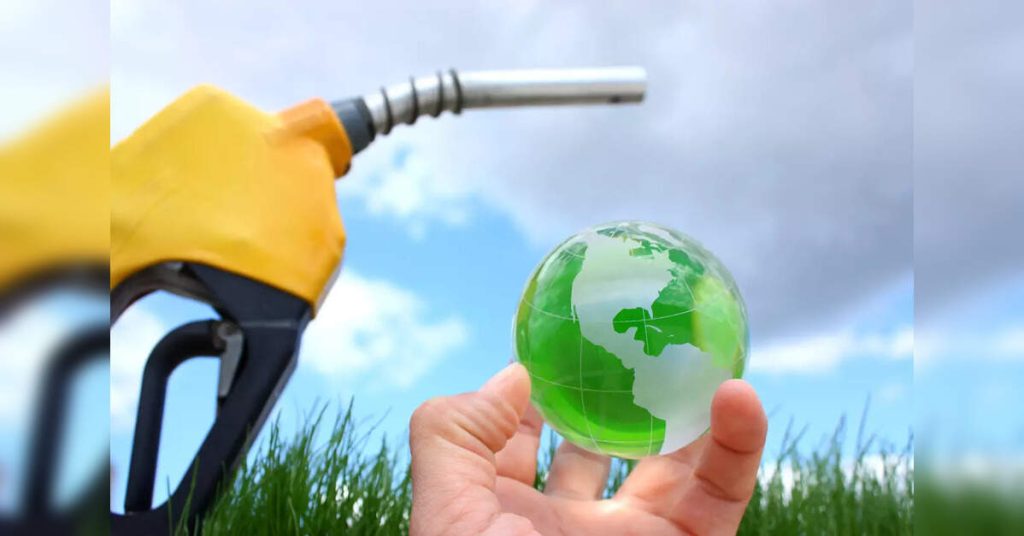
New Delhi: Green fuels such as hydrogen, ammonia, sustainable aviation fuels and carbon capture technologies will contribute more than 25 per cent of emissions reductions in the Asia Pacific region by 2050, according to a new report released by energy research and assurance firm DNV.
The report, launched at the Asia Clean Energy Summit 2025 in Singapore, said that while electrification and renewable power will drive the bulk of the region’s net-zero transition, new energy commodities (NECs) will be critical in decarbonising hard-to-abate sectors such as aviation, maritime, steel, power, industrial chemicals and cement.
“Reaching net zero won’t be possible without NECs, especially in Asia-Pacific where diverse solutions are needed due to the region’s geography. Hydrogen, ammonia, sustainable fuels, and carbon capture are essential for industries that are hard to decarbonize,” Brice Le Gallo, Vice-President and Regional Director, Asia Pacific, Energy Systems at DNV, said in a statement.
The report projected that 81 per cent of such fuels will be traded internationally, adding that countries such as Japan, South Korea and Singapore will become major importers due to limited domestic production capacity. Australia is expected to emerge as a leading exporter of green fuels, though the report noted increasing competition from emerging energy producers in the Middle East and Southeast Asia.
According to the study, achieving the projected emissions reductions will require large-scale deployment of clean energy infrastructure across Asia Pacific, including an estimated 12 billion solar panels and 2.7 million wind turbines by 2050. It also said 189 new ports and more than 1,200 dedicated fuel carriers will be needed to facilitate transport and storage of hydrogen, ammonia and related fuels.
“Scaling up these technologies will change how energy is traded across the region and will need major investment, strong partnerships and innovation,” said Thomas Koller, Regional Hydrogen, Ammonia and Sustainable Fuels Lead at DNV.
The report warned that uncertainty over incentives and regulatory mechanisms has slowed investment in hydrogen and its derivatives, and called for harmonisation of standards to support cross-border trade.
“Strong policies across all countries are crucial to speed up the use of new energy sources and tackle challenges such as high costs, lack of infrastructure and inconsistent standards,” Le Gallo said.
DNV said that clean fuels would not only support decarbonisation but also strengthen energy security for countries in the region by diversifying supply sources and reducing exposure to fossil fuel price volatility.


